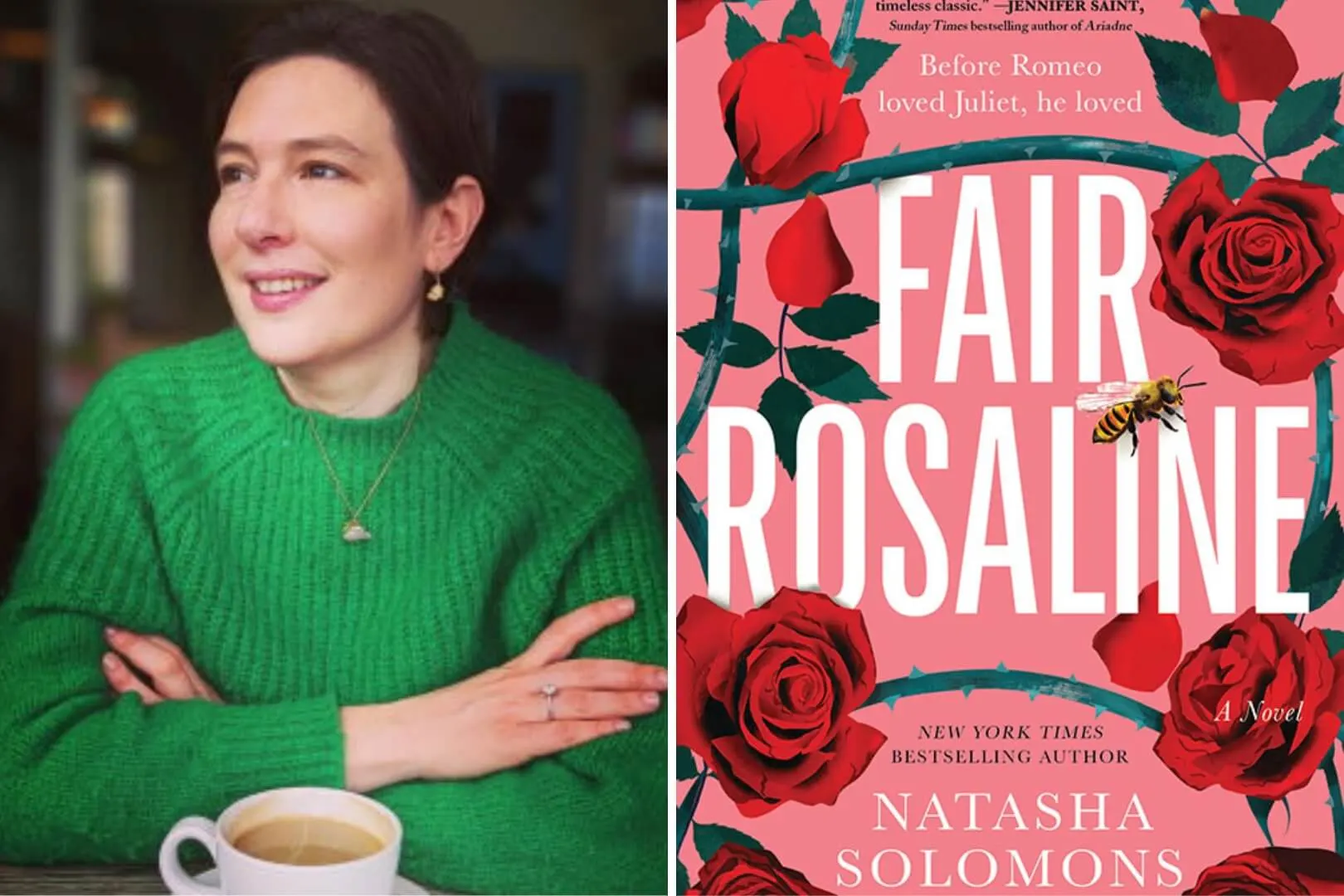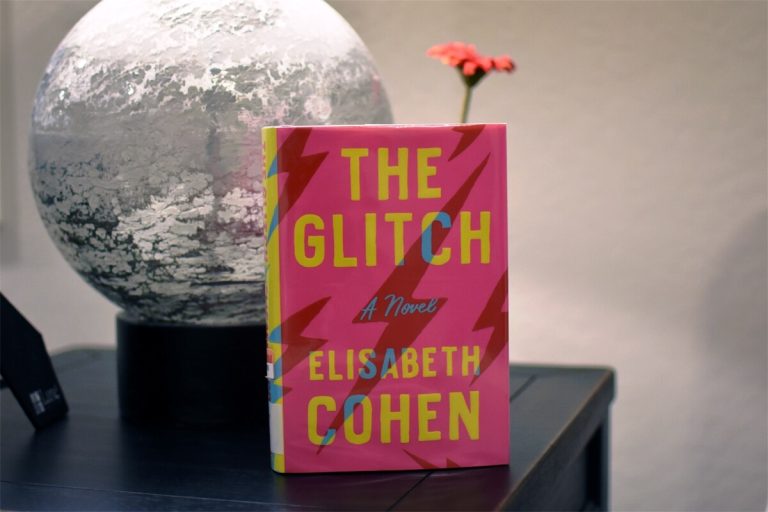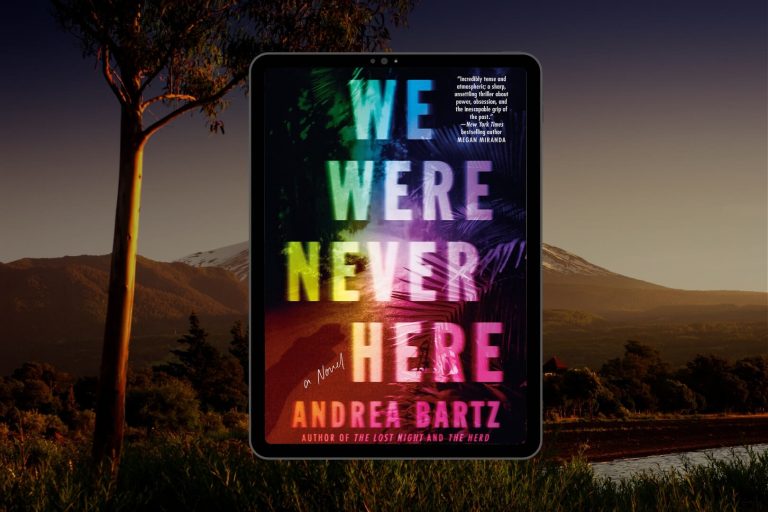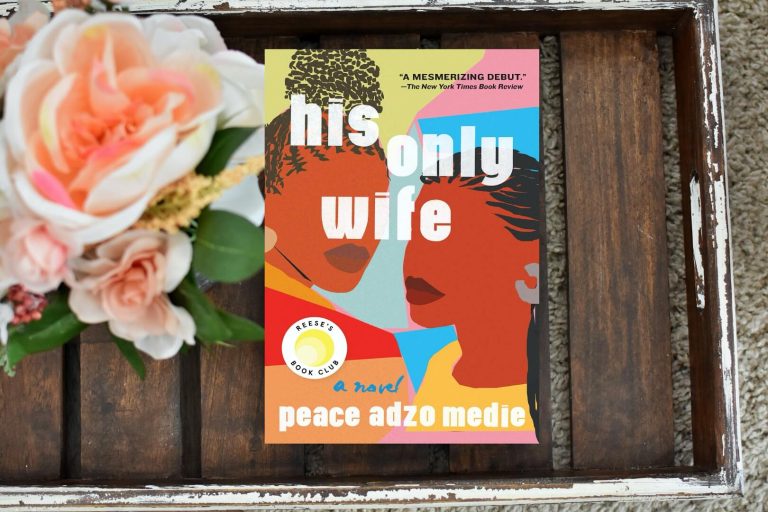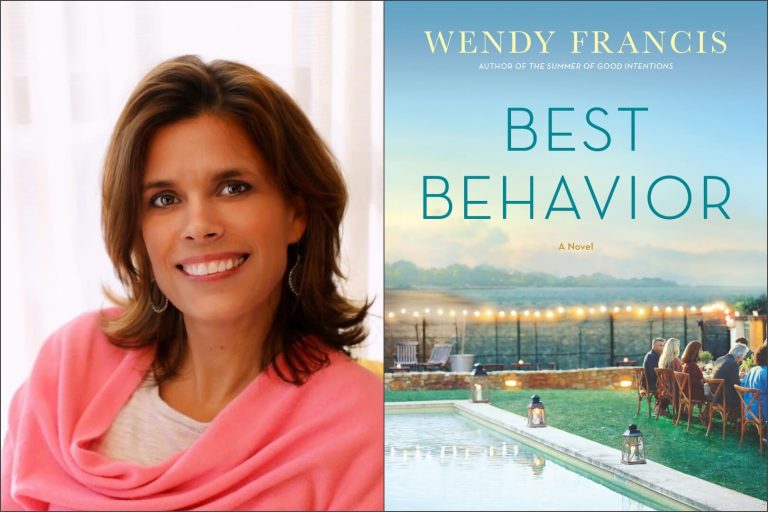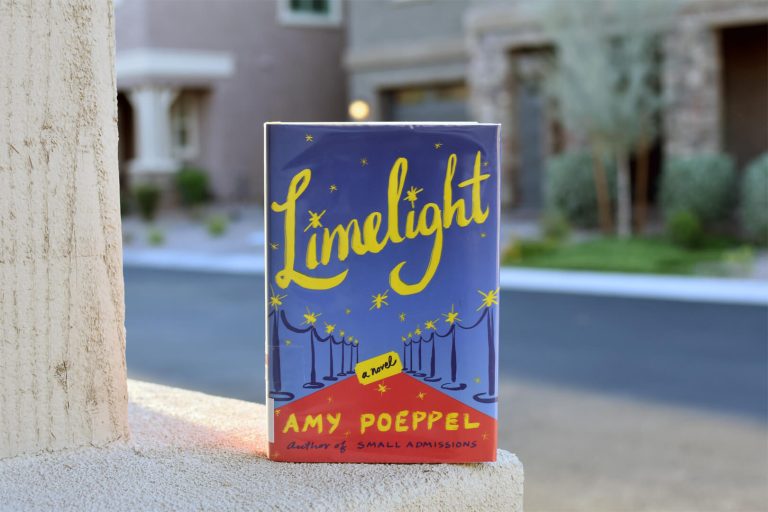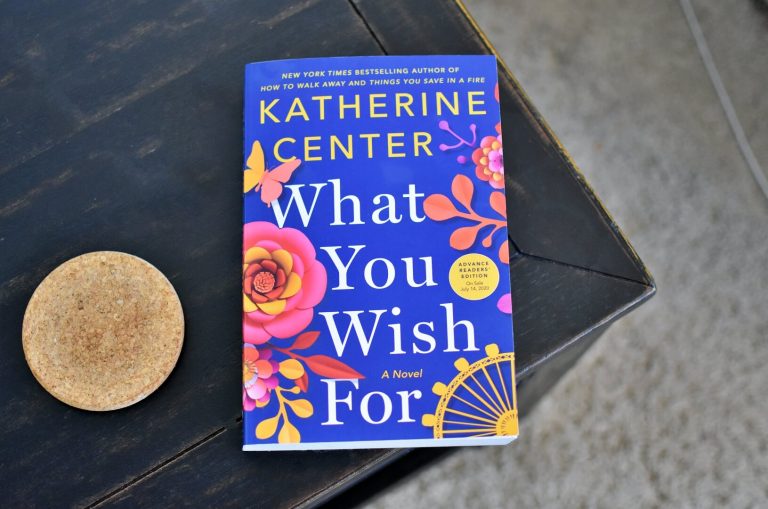Natasha Solomons is the author of Fair Rosaline, which is available now.
Natasha Solomons is the author of five internationally bestselling novels, including Mr Rosenblum’s List, The Novel in the Viola, which was chosen for the Richard & Judy Book Club, and The Gallery of Vanished Husbands. Natasha lives in Dorset with her son, daughter and her husband, the children’s author, David Solomons with whom she also writes screenplays. Her novels have been translated into 17 languages. When not writing in the studio, Natasha can usually be found in her garden.
Fair Rosaline serves as prequel to Shakespeare’s best-known tale, which reveals the dark subtext of the timeless story of star-crossed lovers, shattering everything we thought we knew about Romeo and Juliet. It sounds fascinating!
Get to know Natasha as she talks favorite retellings, her inspiration behind the book, her TBR list and more!
Q: What are some of your favorite novels?
A: There are so many! These are few of my favourite ‘retellings’.
Wide Sargasso Sea: Jean Ryss: One of the original and best ‘retellings’ of a classic. The novel tells the story of the first Mrs Rochester, her seduction as a young woman in the Caribbean by Mr Rochester. In this version she’s far from ‘The Mad Woman in the Attic’ and instead forces us to challenge many of our perceptions about ‘Jane Eyre’.
‘Longbourne’ Jo Baker: This is ‘Pride and Prejudice’ from the servants’ point of view. Only, it’s so much more than that, Jo Baker doesn’t try to ventriloquise Jane Austen but tells a compelling and heart-breaking novel about the working class characters only glimpsed fleetingly in the original. Here, Darcey and Elizabeth are mere walk-ons in someone else’s drama.
Rosencrantz and Guildenstern Are Dead, Tom Stoppard: By turns hilarious, moving and absurd, this is Hamlet as witnessed around the edges by these two ill-fated Lords in a ‘worms-eye view’, who come to realise that they are in fact, characters in a play. Stoppard looks at all things meta as only he can, in an exploration of fate, illusion and inevitability.
Q: When did you know you wanted to become an author?
A: I’ve always wanted to write or tell stories. I’m obsessed with the way we use narratives and stories to make sense of ourselves and our lives – for me writing novels is an expression of that desire.
Q: What key aspects draw you to historical fiction and retellings?
A: I love seeing familiar things at odd angles: whether its Pop Art and a Campbell’s soup tin, or a historical novel that takes someone or something that we think we know, and refracts it so we see and experience it at a tilt. To see the familiar made unfamiliar and new is profoundly satisfying.
Q: What inspired you to take on the retelling of Romeo and Juliet?
A: “Romeo and Juliet” was one of the first Shakespeare plays I read as a teenager. I devoured it during one of those long, hot summers where I also consumed ‘Wuthering Heights’, ‘Rebecca’, ‘Jane Eyre’ and ‘Pride and Prejudice.’ I thought that Romeo and Juliet was the epitome of romance, and Romeo the ideal hero, the hot and devoted boyfriend I hankered after. I loved his extreme declarations of lover and that he was all too eager to die for his girlfriend – what could be more romantic? It didn’t concern me at the time that Romeo was pushy or parroted back to Juliet the lines she wanted to hear, or that their relationship ended up bloody suicide. This, I thought, was what love was supposed to be: violent and intense, stuffed full of superlatives.
As an adult, I found the relationship profoundly unsettling – I felt like I’d been gaslit by Romeo. And, I wanted to re-examine Romeo in the context of toxic and coercive relationships.
Q: Why was it important to tell the story from Rosaline’s perspective?
A: In my version, Rosaline, the girl Romeo ‘loves’ before Juliet, decides to push back, and when Romeo moves onto her even younger cousin, Juliet, she is determined to save the younger girl. I’ve tried to capture that extreme moment in adolescence when girls discover their sexuality, both its power and the excitement and fear of their own desire. Teenage desire with its heady cocktail of hormones is often overwhelming: thrilling but terrifying. It’s a moment of extreme vulnerability, especially for girls, where men – and it is as often men as boys – respond to them as though they are women rather than still girls with one foot still in childhood. Romeo is one of the predatory men who exploits this, he recognises vulnerable, isolated girls and uses them, discarding them when they get too old, too savvy or he gets bored.
Q: What are you currently reading and what’s on your TBR (to be read) list?
A: I’m reading an ARC of ‘The Favourites’ – a reimagining of Wuthering Heights set in the competitive world of figure skating. It’s really fun. And, next I’m excited to read Joanna Cannon’s new novel ‘Maybe, Perhaps, Possibly’. I love Joanna’s books and a new one is always a reason to celebrate.
